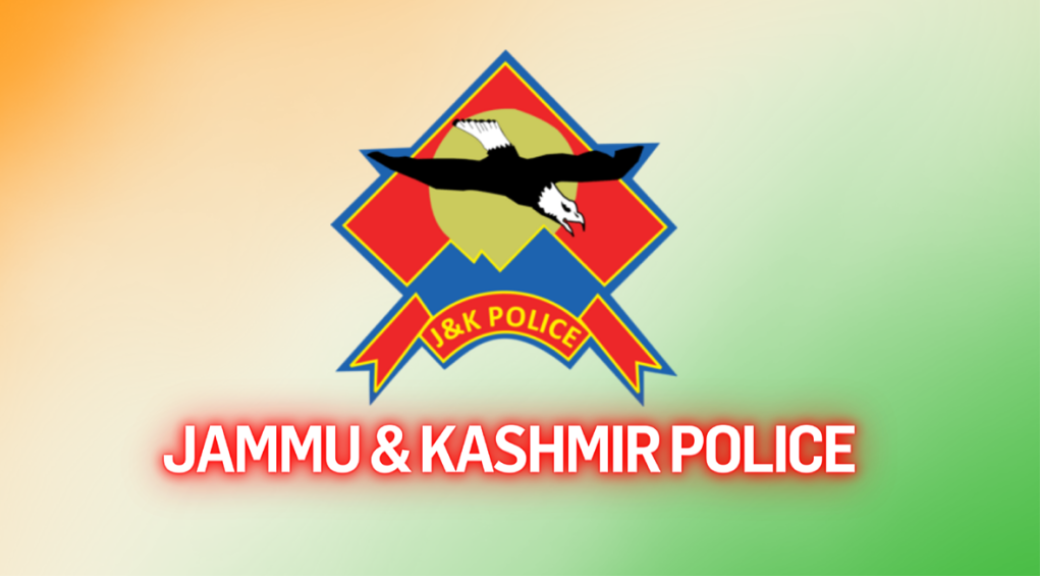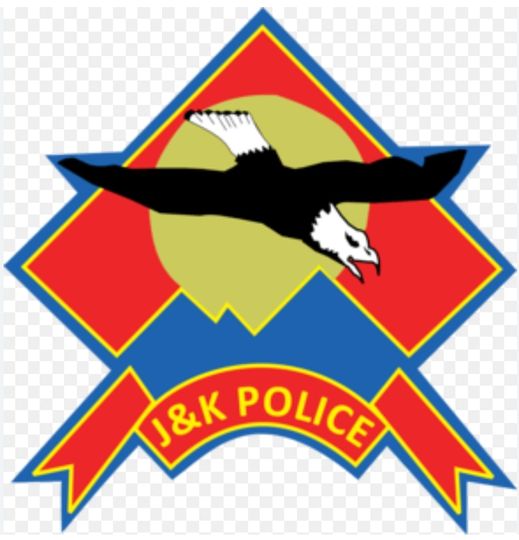Despite valiantly battling Pakistan-sponsored terrorism for over three decades, some police officers of Jammu and Kashmir (J&K) find themselves fighting a different kind of battle—one for financial justice.
Around 1,200 inspectors of the J&K Police are grappling with a pay anomaly issue that has persisted since the implementation of the Sixth Pay Commission on January 1, 2006.
The issue pertains to the merger of two pay scales—6500–10500 and 7450–11500—into a unified scale of 7450–11500 as per Sixth Pay Commission recommendations. While other employees in the same pay bracket, including Section Officers and Assistant Accounts Officers (AAOs), were granted the revised pay scale retroactively, police inspectors have been excluded from the benefits.

The Central Administrative Tribunal (CAT) Jammu Bench had ruled in favor of addressing this anomaly and directed monetary benefits to be extended to affected officers from January 1, 2006. However, nearly two years after the judgment no action has been taken to implement the directive.
In a formal representation, retired Deputy Superintendent of Police (DY.SP) Sudershan Mehta has appealed to the Chief Secretary of J&K to ensure the judgment is implemented.
In his letter, DY.SP Mehta urged the Chief Secretary to take up the matter with Lieutenant Governor Manoj Sinha and the Union Territory (UT) Administration. He stressed that the delay has not only caused financial distress but also lowered the morale of police officers who have been at the forefront of maintaining law and order in one of India’s most sensitive regions.
The financial implications of this issue are significant. Each affected inspector reportedly incurs a loss of approximately Rs. 9,000 per month, amounting to a cumulative loss of several lakhs over the years. Mehta highlighted that the discrepancy has affected both serving and retired officers, many of whom have dedicated their careers to serving the UT under challenging circumstances.

The pay anomaly has been a subject of internal discussions within the police department for years. In 2024, DGP R.R. Swain wrote to the Principal Secretary of the Home Department, highlighting the adverse impact of the anomaly on over 1,200 inspectors since June 1, 2006. His predecessor, DGP Dilbagh Singh, who chaired the Pay Anomaly Committee, had also advocated for the resolution of the issue. However, no concrete action has been taken so far.
The delay has drawn criticism, with many officers questioning why police inspectors continue to be overlooked despite clear directives from CAT and precedents set by the implementation of similar benefits for other employees. “It is disheartening that officers who risk their lives daily are denied financial parity. This issue needs immediate attention to restore the morale of the force,” said a senior police officer on the condition of anonymity.
The affected inspectors are now pinning their hopes on the J&K administration and the Union Government. Given that the Home Department, which oversees the police force, is under the direct control of the Union Government, the officers are optimistic that their grievances will finally be addressed.
“The Hon’ble CAT judgment has already provided a legal basis for resolving this issue. We are only requesting its implementation so that justice is served,” wrote DY.SP Mehta in his appeal to the Chief Secretary. He expressed confidence that Lieutenant Governor Manoj Sinha, known for his administrative acumen, would intervene to ensure a fair resolution.
The inspectors’ struggle for pay parity underscores a broader challenge faced by the police force in J&K, where officers not only contend with the daily risks of counter-insurgency operations but also with systemic administrative hurdles. Many feel that resolving such longstanding grievances is critical to ensuring the morale and well-being of the force.
As the matter gains traction, the spotlight is now on the J&K administration to act decisively. For the affected officers, the resolution of this issue would not only alleviate their financial burdens but also reaffirm their faith in a system that they have served with dedication for decades.






